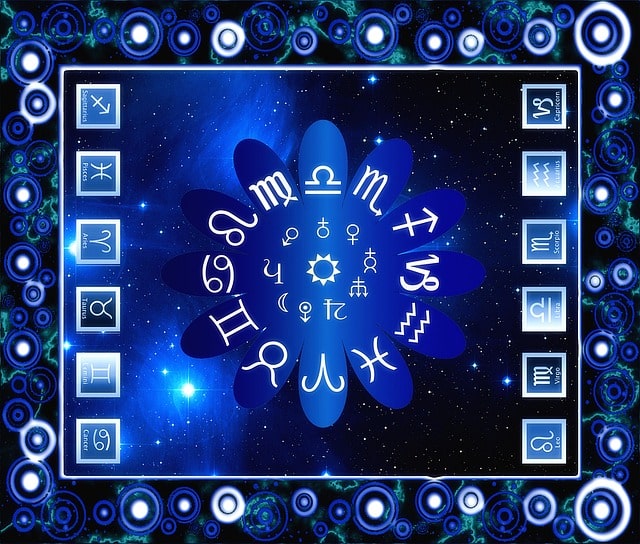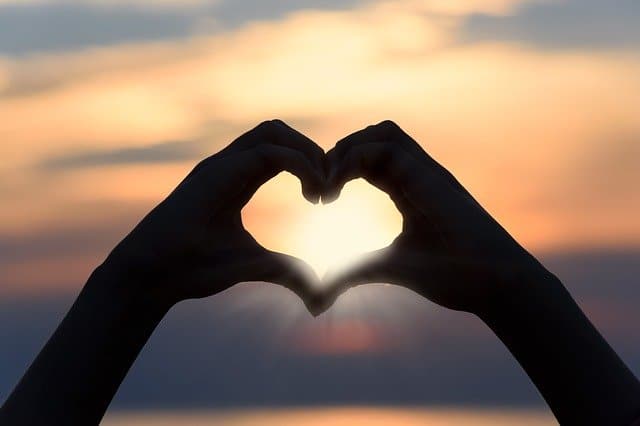Astrology has been around since time immemorial.
But for young people, especially the millennials, this may seem like a phase. Even then, why do people believe in astrology in the first place, even if there’s no hard science to back it up? Let’s take a look back in history and find out.
Why Do People Still Believe In Astrology?

The answer to this question stems from history. Previously, astrology was crucial to people when they planted, hunted, and migrated. They used the stars to determine nature’s rhythm and cycles for their civilization to survive. For centuries, people saw astrology as similar to astronomy.
The world at that time was at the mercy of nature. Thus, the heavens were treated with awe, fear, and superstition. A heavy flood could easily wipe out months worth of food supply. While sufficient rainfall is the key to a bountiful harvest. Why do people believe in astrology? Because this allowed them to predict and plan certain patterns by looking to the stars.
Over the years, astrology has evolved when human beings’ consciousness expanded. There is now the existence of scientific, mathematical, and powerful technological advances. they now have more control over the physical world they live in. If that’s the case, why do people still believe in astrology? Because it’s still an amazing tool for planning, and attaining self-awareness. Even improving personal relationships.
Why Do People Believe in Astrology? ( A Timeline )
To further explain exactly why do people still believe in astrology up to this day, here’s a rough timeline throughout history.
30,000-10,000 B.C.
It all began during the earliest civilization. Maps of the stars were around long before the maps of the earth existed. Archaeological artifacts included mammoth tusks, paintings, and even bones. They had lunar phases marked in them.
6,000 B.C.
Why do people believe in astrology? Trace it back to the Sumerians in Mesopotamia. During this time these people were already documenting the stars’ and planet’s movements.
2,400-331 B.C.
The Chaldeans, more popularly known as the Babylonians, already had reasons to believe in astrology. These people continued the work of the Sumerians and invented the first astrological system. It’s known as the zodiac wheel and was created around 700 B.C. Their belief in astrology could also be traced to the oldest horoscope chart ever known. It’s dated around 409 B.C.
331 B.C.-5th Century A.D.

Babylon was conquered by Alexander the Great. The Greeks began making advances in astrology. This, together with philosophy, mathematics, geometry, and medicine. Today’s modern names for the zodiac signs and planets originated from Greek literature.
5th Century A.D.
The Roman Empire has fallen. Western astrology will vanish for 500 years. The Arabs will continue Greek astrology’s study and development.
Middle Ages
Astrology began to flourish. Now there are advances in mathematics. This allowed astrologers to arrive at more accurate and sophisticated charts. However, belief in astrology started to decline when the church gained power. Even Galileo had to renounce his astrological beliefs when he was found guilty of heresy. This was the only way to save his own life.
17th-18th Century
In the mid-1500s astrology declined, during the Protestant reform movement. Astrology was now viewed as some form of entertainment. It was no longer considered valid science. At this time, the majority of astrologers had to work under pseudonyms.
19th Century
There is a renewed interest in mysticism and spirituality in England. Once again, astrology became popular in Europe. The Psychologist named Carl Jung (1875-1961) was the pioneer in using astrology in analysis. Other developments in the field followed.
20th-21st Century
In the 1920s, magazines and newspapers started publishing horoscopes based on the Sun sign which is still relevant to this day. Later on, however, modern charts replaced ancient ones. Furthermore, the advent of the internet makes it a lot easier and faster to ‘predict’ ones future/fortune. With just a few clicks- viola!
Why Do People Believe In Astrology? (Explanations Behind the Belief)
Now you have seen and understood the timeline of why ancient people believed in astrology. It’s now time to know why people today in this modern-day and age, still heed astrology’s advice. Here are several explanations why.
Stress Buster

Stress plays an important role in connecting people having the same astrological predictions. A study stated that even non-believers of astrology still look to the stars for answers when life gets a bit tricky. Social roles and relationship dilemmas were among the most famous causes.
Millennials and Gen Xers are considerably more stressed compared to the older generations. Compared to the 1982 data, it comes as no surprise that so many people are looking to astrology. They need it to cope with worries and concerns throughout generations.
Coping with Uncertainty
Life is confusing sometimes. These astrological predictions somehow give order and definition to people’s otherwise anxious states.
The Atlantic reported that subjects admitted to feeling comfort after knowing what their future may be in store for them. These astrological beliefs see people through their dark times. By trying to predict the cause of their life’s turbulence, how to solve these and when it will end.
Love and Romance Compatibility

Why do people believe in astrology? This is perhaps one of the biggest reasons. People love hearing love advice. They like to conduct their own investigations on how best they can go about their love and romantic conquests.
There was a SEMrush’s data-driven astrology study. The search for sexual compatibility actually quadrupled from 2017-2018. People are aware they can’t always control their romantic possibilities, but that doesn’t stop them from trying.
Reprieve from Reality
Everyone needs a break from reality once in a while. Some see astrology as merely a spiritual escape from a world defined by digitalization. There is J. Walter Thompson’s 2016 report called “Unreality”. It was found out that society’s love for astrology, magic, and spirituality was its cultural reaction. A sort of rebellion against today’s modern world.
For a lot of people, astrology has become their source of meaning. After all, they are sick of a world focusing on economic growth rather than the happiness of human beings.
